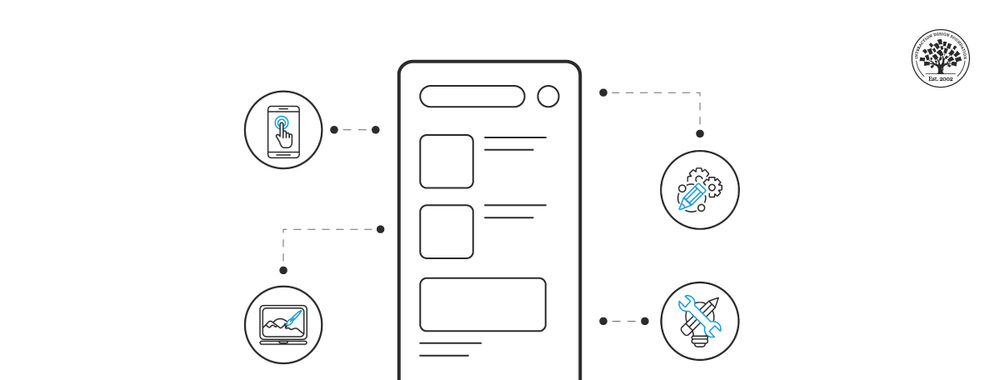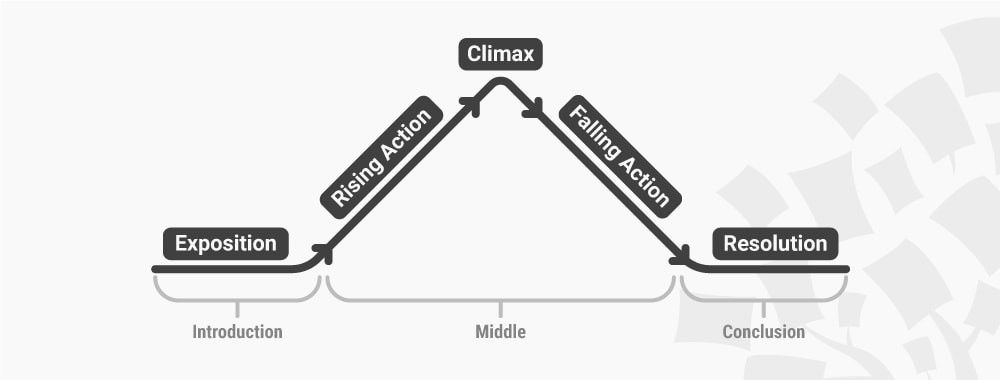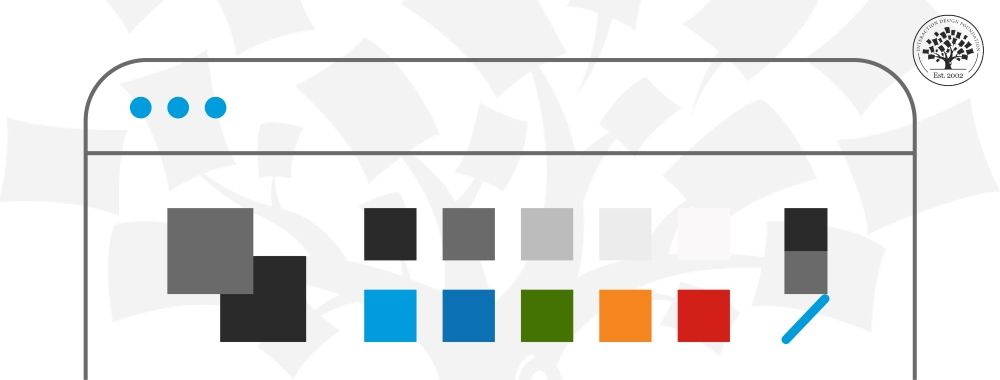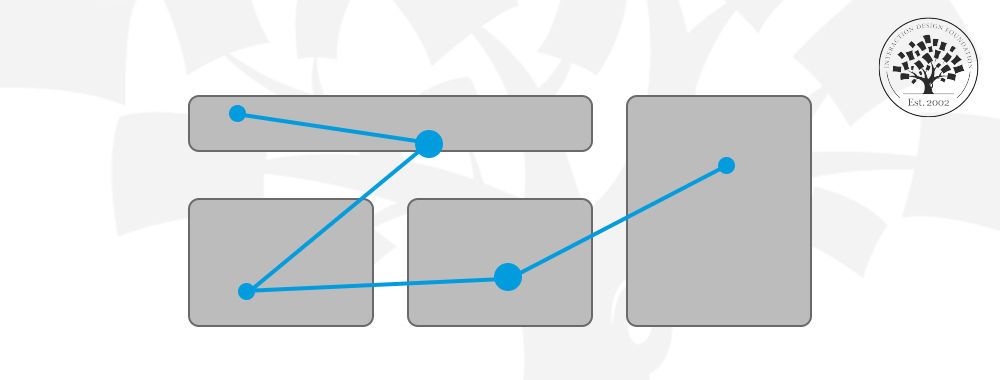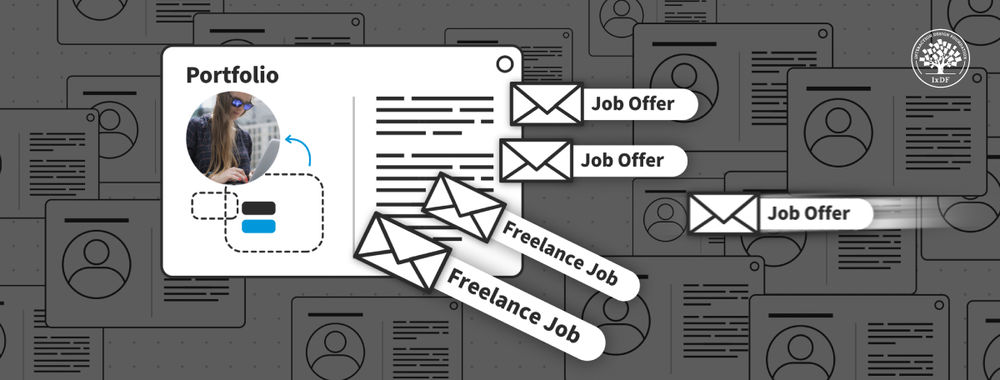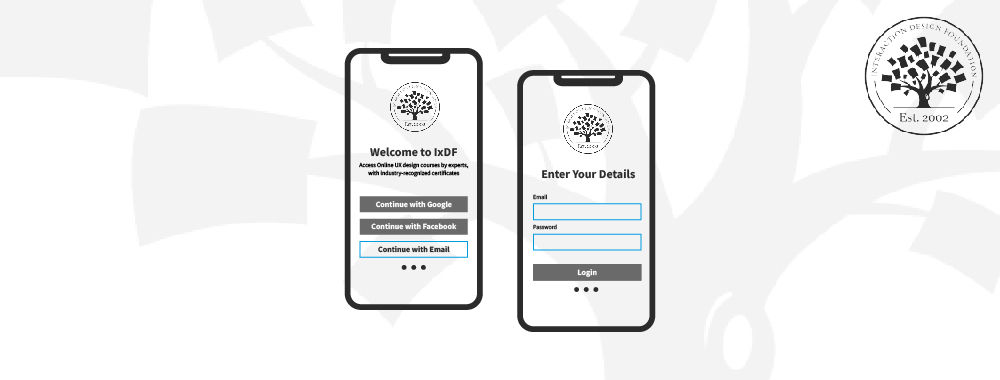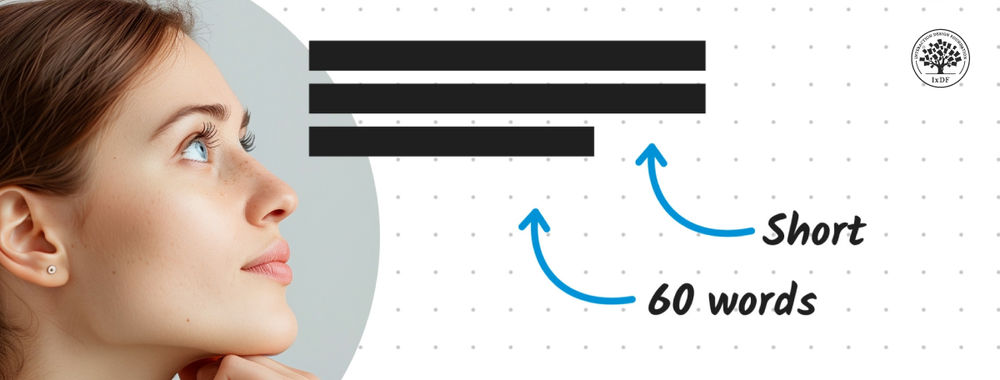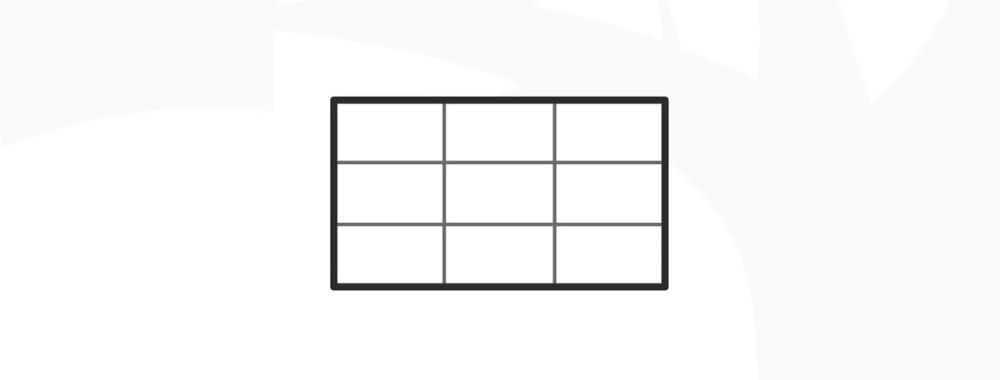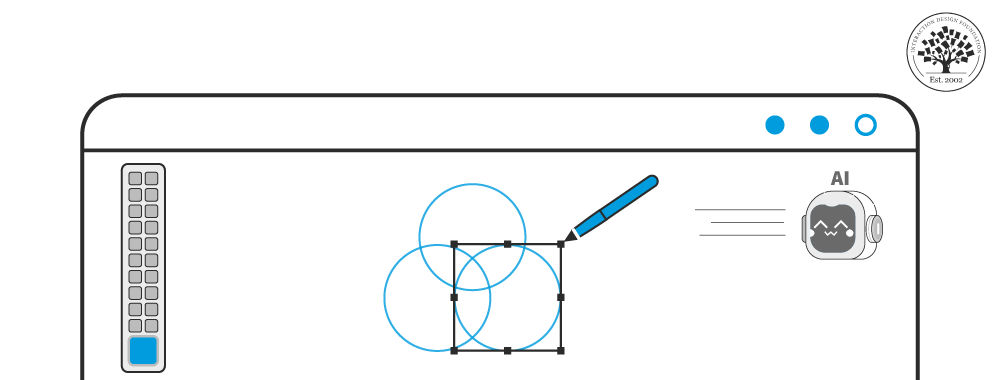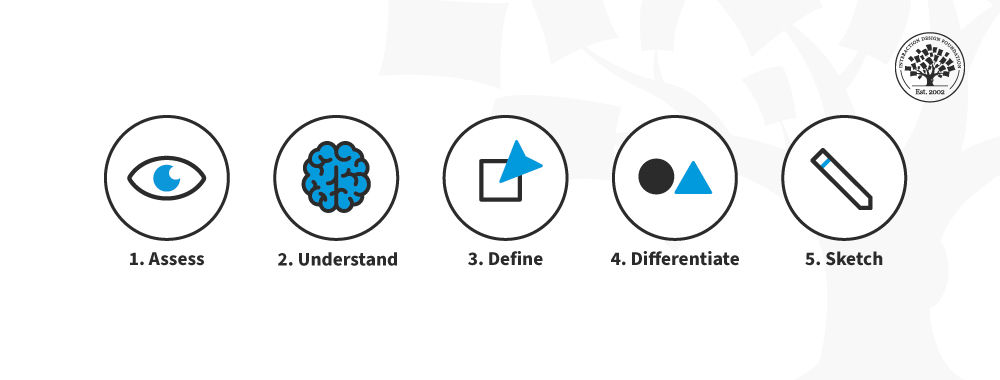User research is adaptive. Like all fields, we plan the best way we can for our work, however it’s all subject to change when we hit the ground and execute that plan. User research, when conducted thoroughly generates a lot of data, and it’s important to think about that before you conduct your research.
Dealing with Data in User Research
You should know what data your research is going to capture so that you can examine the best way to collect, store, and share that data as a team. In many places in the world you may also have to examine the legal compliance of data capture, storage, use and disposal too.

Author/Copyright holder: Ian. Copyright terms and licence: CC BY-NC-ND 2.0
For example; you’re conducting a bunch of user interviews. You decide that the best way to capture the data from these sessions is to video them. This is a good idea because it lets the interviewer focus on the conversation in hand and shaping that conversation to get to ideas and eliminates their need to make detailed notes (though they’ll still make some notes) during that conversation which can be distracting.
This is great but you also need to look at what you’ll do with that data afterwards. Will it be reviewed by the interviewer? Do you need transcripts of the interview for other team members? What will you do with the data once you’ve extracted what you need from it?

Have you obtained the user’s consent to video the interview? Have you explained to them what will happen to the video in the long-term? Have you obtained their permission to do those things? Do these uses etc. conform to data protection legislation in that jurisdiction AND any other jurisdiction in which the data may be used? (This is important for multi-national efforts. For example; American data protection laws are currently less stringent than those used in the EU. If your tests are in Europe but for an American company your data will need to comply with both sets of rules).
Examining Data
You do not need to wait until the end of your research to be critical of your data. If the research isn’t working out – don’t just keep going with the research, adapt it. There are some warning signs to watch for:
- If you aren’t getting to anything you don’t already know – you might want to take time to revisit your hypotheses; either you’ve tested them to extinction or perhaps they need amending and redeveloping for further testing.
- If you aren’t getting useful data – you might want to look at your users; have you wrongly identified your user base? You might also want to look at your questions; are they fit for purpose? You might also want to look at whether you’ve picked the right research techniques.
- If you are getting data that contradicts all your expectations and you have the right users – it might be time to change your expectations and modify your hypotheses before you continue.
- If you’re generating data but you never have time to analyse it. You need to stop and revisit the whole plan and include the time for analysis. Data for data’s sake is a waste of your efforts.
Header Image: Author/Copyright holder: r2hox. Copyright terms and licence: CC BY-SA 2.0


